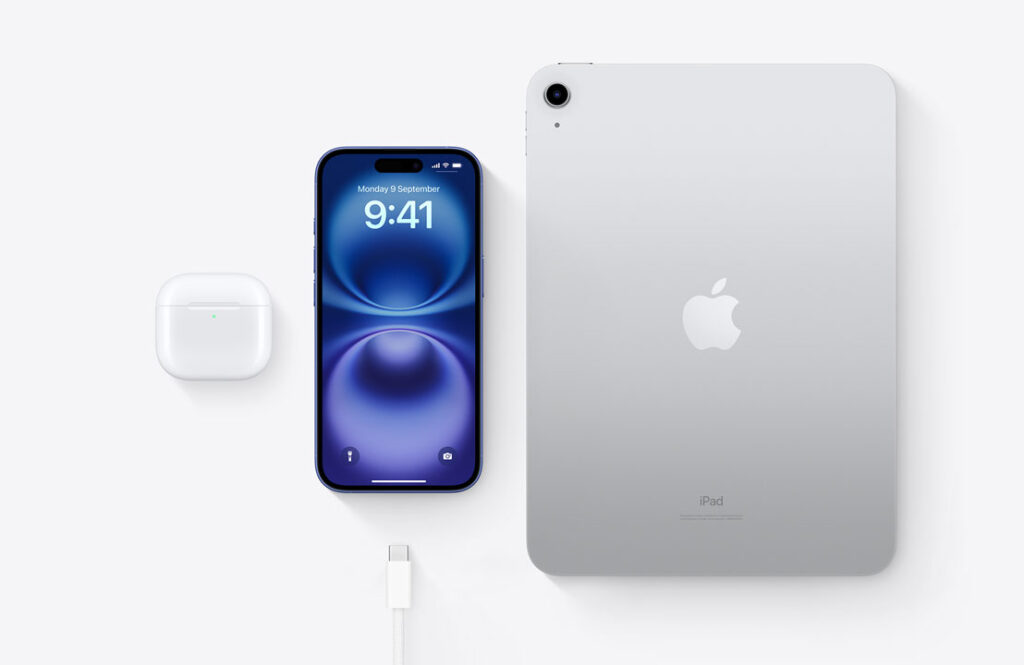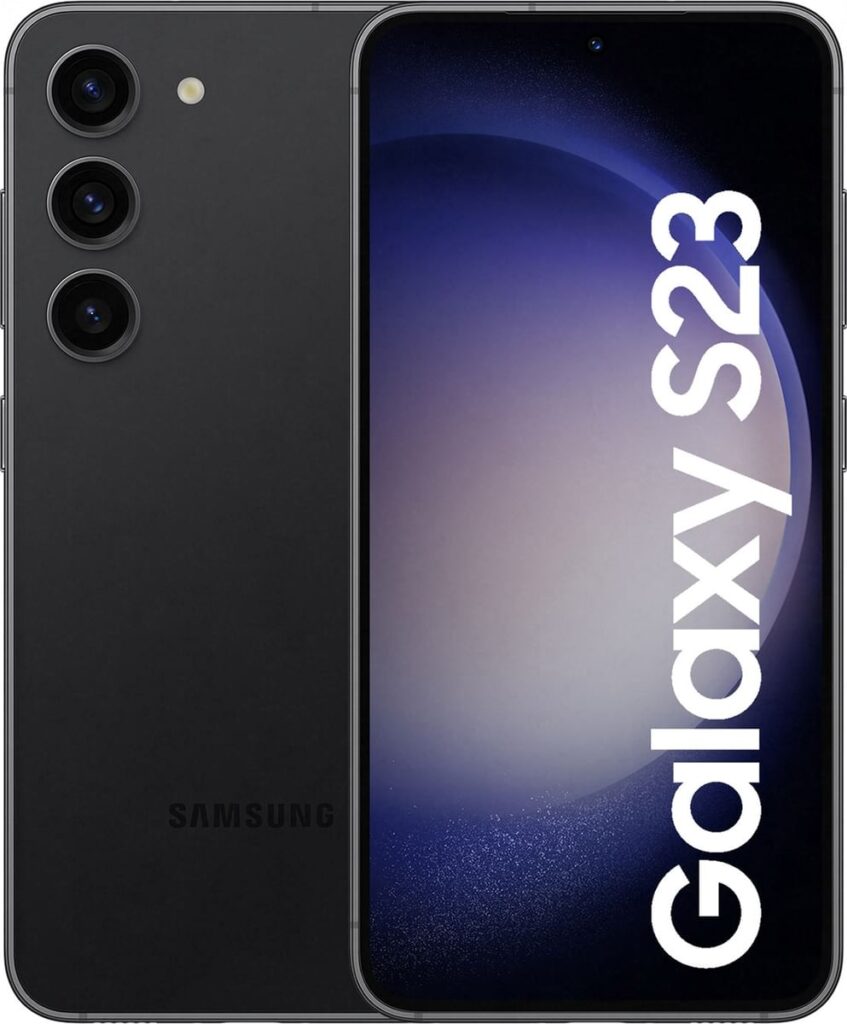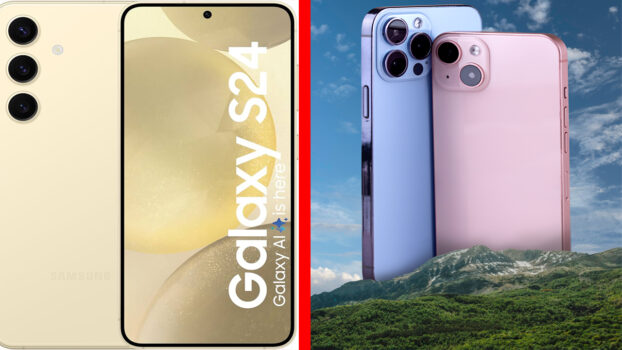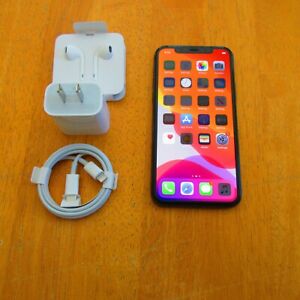When it comes to smartphones, two names have consistently dominated the market: Apple and Samsung. Both brands are known for their cutting-edge technology, sleek designs, and powerful performance. However, despite their shared reputation for excellence, Apple and Samsung smartphones differ significantly in terms of hardware, software, user experience, and pricing. In this article, we will provide an in-depth comparison between Apple and Samsung smartphones, helping you decide which brand best suits your needs.
1. Overview of Apple and Samsung Smartphones Before diving into specific comparisons, let’s take a brief look at both brands:
1.1 Apple
Apple has carved a niche for itself with its iPhone series, offering a seamless integration of hardware and software through its iOS operating system. Apple’s reputation is built on simplicity, premium build quality, and a highly optimized user experience.

1.2 Samsung
Samsung is one of the largest smartphone manufacturers globally, with its Galaxy series being the main competitor to the iPhone. Running on the Android operating system, Samsung smartphones are known for their innovation, high-quality displays, and feature-packed devices.
2. Design and Build Quality
Design plays a crucial role in a smartphone’s appeal, and both Apple and Samsung pay great attention to aesthetics.
2.1 Apple
Apple is known for its minimalist and premium design. The iPhone features sleek lines, durable materials such as stainless steel and ceramic, and a focus on symmetry. Apple’s design language has been consistent across generations, with slight improvements in ergonomics and functionality.
2.2 Samsung
Samsung’s smartphones also boast premium build quality, often using materials like Gorilla Glass and aluminum. Unlike Apple, Samsung offers more variety in its designs, from curved screens to foldable smartphones like the Galaxy Z Fold series. Samsung’s innovative approach to design often pushes the envelope, providing users with options that cater to different tastes.

Verdict: If you prefer a sleek, uniform design with a premium feel, Apple may be the better choice. If innovation and variety in design are more important, Samsung offers more diversity.
3. Display Quality
The display is a critical aspect of any smartphone, and both brands excel in this area.
3.1 Apple
Apple’s iPhones feature Retina displays, known for their excellent color accuracy, brightness, and sharpness. In recent models, such as the iPhone 13 Pro and iPhone 14, Apple has adopted OLED displays, providing deep blacks and vibrant colors.
3.2 Samsung
In the display technology Samsung has been a leader for a long time. The company’s Super AMOLED screens are widely regarded as some of the best in the industry, offering rich colors, high contrast ratios, and superior outdoor visibility. Samsung also leads the charge in high refresh rates, with many Galaxy models supporting up to 120Hz for smoother scrolling and gaming.
Verdict: Samsung takes the edge in display technology with its Super AMOLED panels, though Apple’s Retina displays offer excellent performance and accuracy for users who prioritize color fidelity.
4. Operating System: iOS vs. Android
One of the most significant differences between Apple and Samsung smartphones is the operating system.
4.1 Apple (iOS)
Apple’s iPhones run on iOS, which is known for its simplicity, security, and optimization. The iOS ecosystem offers seamless integration with other Apple devices, including Macs, iPads, and Apple Watches. Updates are regular and support devices for several years, ensuring your phone stays current with new features and security improvements.
4.2 Samsung (Android)
Samsung smartphones run on Android, which offers more customization options and flexibility compared to iOS. Samsung uses its own custom skin, One UI, on top of Android, providing unique features like Samsung DeX (which turns your phone into a desktop experience). While Android offers more freedom, it can also feel more fragmented, especially with slower updates compared to iOS.
Verdict: If you prefer a streamlined, user-friendly experience with regular updates, iOS is a solid choice. If you value customization and flexibility, Samsung’s Android-based One UI might suit you better.
5. Performance and Processing Power
When it comes to raw power and performance, both Apple and Samsung produce flagship models with top-tier specifications.
5.1 Apple
Apple’s smartphones are powered by its in-house A-series chips, like the A15 Bionic chip in the iPhone 13 series. These chips are known for their efficiency and high performance, often outperforming competitors in both benchmarks and real-world usage. Apple’s optimization between hardware and software ensures a smooth, lag-free experience.
5.2 Samsung
Samsung’s high-end devices, such as the Galaxy S series, use the latest Snapdragon or Exynos processors (depending on the region). While Snapdragon processors perform exceptionally well, they often lag slightly behind Apple’s A-series chips in terms of raw performance. However, Samsung excels in multitasking capabilities, especially with the introduction of high RAM options (up to 16GB in some models).
Verdict: Apple tends to lead in raw performance, but Samsung offers a more flexible experience with excellent multitasking capabilities.
6. Camera Quality
Camera quality has become a crucial factor for many smartphone buyers. Both Apple and Samsung have invested heavily in improving their camera technology.
6.1 Apple
Apple’s iPhones are known for their reliable and consistent camera performance. The iPhone cameras, especially in the Pro models, offer excellent low-light photography, sharp images, and natural colors. Apple’s computational photography features, such as Night Mode and Smart HDR, enhance photo quality without the need for manual settings.
6.2 Samsung
Samsung smartphones, particularly the Galaxy S and Note series, are equipped with advanced camera systems that cater to a range of photography needs. Samsung often leads in hardware innovation, offering high megapixel counts (such as the 108MP sensor in the Galaxy S21 Ultra) and impressive zoom capabilities. Samsung’s cameras tend to be more vibrant and saturated, which some users may prefer.
Verdict: If you prefer natural colors and reliable performance, Apple’s cameras are excellent. For more advanced features, zoom capabilities, and vibrant colors, Samsung is a strong contender.
7. Battery Life and Charging
Battery life is an essential factor for most smartphone users, and both brands have made significant strides in this area.
7.1 Apple
Recent iPhones have improved battery life, with the iPhone 13 Pro Max offering some of the best endurance in the market. Apple focuses on optimizing battery performance through its efficient A-series chips and iOS’s power management.
7.2 Samsung
Samsung’s flagship models, such as the Galaxy S and Note series, come with large batteries and offer excellent battery life. Samsung also leads in fast charging technology, providing faster charging speeds than Apple in many cases. Samsung’s phones often support both wired and wireless fast charging.
Verdict: Samsung wins in terms of fast charging capabilities, while Apple’s battery life has become more competitive, particularly in the Pro Max models.
8. Ecosystem and Integration
Both Apple and Samsung offer rich ecosystems, but they differ in approach.
8.1 Apple
Apple’s ecosystem is tightly integrated, offering seamless connectivity between iPhones, iPads, Macs, and other Apple products. Features like AirDrop, iCloud, and Continuity make it easy to switch between devices. If you already own other Apple products, the iPhone will fit perfectly into your digital life.
8.2 Samsung
Samsung’s ecosystem includes a wide range of products such as Galaxy tablets, Galaxy Buds, and Galaxy Watches. Samsung also offers integration with Windows PCs through the Your Phone app, allowing you to manage notifications, calls, and files on your computer.
Verdict: Apple offers a more seamless ecosystem, but Samsung’s integration with Windows and other Android devices is a great option for those who don’t want to be locked into one brand.
9. Price and Value
Price is often a deciding factor when choosing between Apple and Samsung smartphones.
9.1 Apple
Apple’s iPhones are typically priced at a premium, with flagship models like the iPhone 14 Pro Max being some of the most expensive on the market. While the cost is high, iPhones hold their value well, making them a good investment for those looking to resell or trade-in later.
9.2 Samsung
Samsung offers a broader range of smartphones, from budget models to high-end flagships. Samsung’s flagship models are also expensive, but the company frequently offers deals, promotions, and discounts. However, Samsung devices tend to depreciate faster than iPhones in terms of resale value.
Verdict: If you’re looking for long-term value, Apple’s iPhones may be a better investment. However, Samsung offers more variety across different price points, making it easier to find a model that fits your budget.
Conclusion
Choosing between Apple and Samsung smartphones ultimately comes down to your personal preferences and needs. Apple’s iPhones excel in build quality, ecosystem integration, and raw performance, making them a perfect choice for those who value simplicity and long-term software support. On the other hand, Samsung’s smartphones offer greater flexibility, superior displays, and a wide range of innovative features that appeal to users who prefer customization and cutting-edge technology.
FAQs
1. Which smartphone has better cameras, Apple or Samsung?
Both brands offer excellent cameras, but Apple focuses on natural colors and ease of use, while Samsung excels in zoom capabilities and vibrant images.
2. Are Samsung smartphones more customizable than Apple iPhones?
Yes, Samsung’s Android operating system allows for more customization options compared to Apple’s iOS.
3. Do Samsung phones offer better displays than iPhones?
Samsung leads the industry in display technology, with its Super AMOLED screens generally considered superior to Apple’s Retina displays in terms of contrast and color vibrancy.
4. Which smartphone brand offers better battery life?
Apple’s iPhone 13 Pro Max offers impressive battery life, but Samsung smartphones are competitive, especially with their fast-charging capabilities.
5. Which is more affordable, Apple or Samsung smartphones?
Samsung offers a wider range of prices, with budget options available. Apple’s iPhones are generally more expensive but hold their value better over time.







